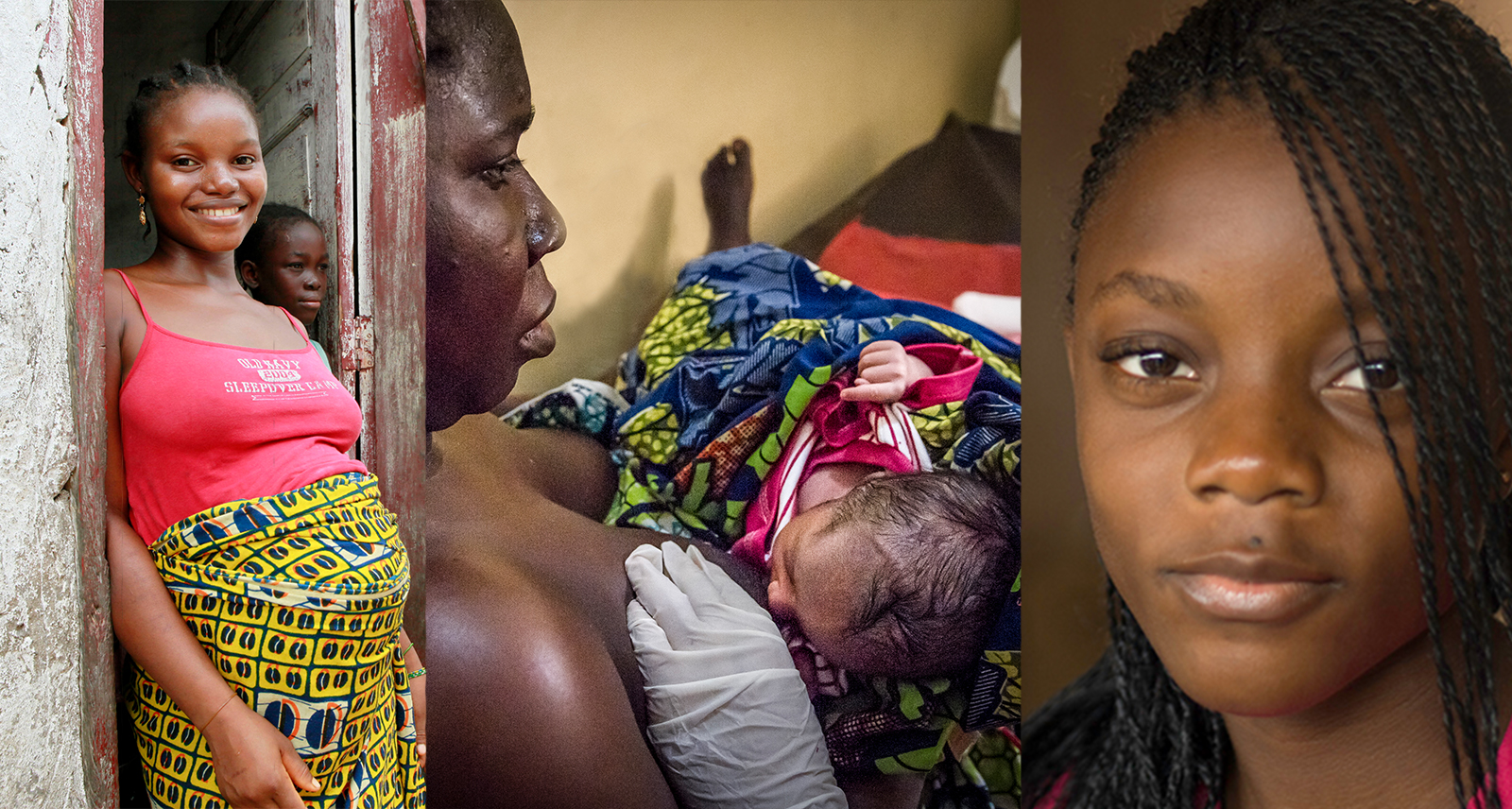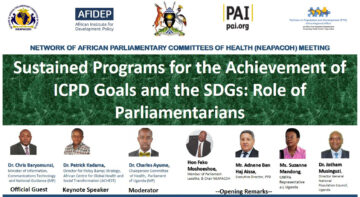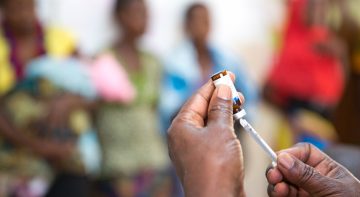News

One of AFIDEP’s broad areas of focus is to sustain evidence-informed decision-making training policymakers to translate and use research and related forms of evidence to inform policy, programme and funding decisions. As part of this work, AFIDEP shall host a capacity building workshop aimed at enhancing the technical skills of county reproductive health managers in accessing and synthesising quality research from various sources and making use of this information. The workshop will target technical staff working in county health departments specifically on reproductive and maternal health. The participants will be drawn from 6 counties that are among the counties with the highest maternal deaths. These counties are: Mandera, Wajir, Marsabit, Isiolo, Lamu and Migori. The workshop is being hosted in collaboration with the United Nations Population Fund (UNFPA), which is the lead agency for the six-county initiative focusing on bring down the maternal mortality rate in these six counties. The workshop will be held between 14th and 16th June 2017 in Machakos County. It is planned that the training shall be extended to other counties in the future.
AFIDEP will engage representatives of the six counties to define the key decisions they need to make and the evidence they need to inform these decisions. Specifically, the training will focus on analysis and synthesis of data and research evidence on Reproductive, Maternal, Newborn, Child and Adolescent Health (RMNCAH) that is required to support RMNCAH decision-making in each of the six counties.
This training builds on AFIDEP’s vast experience at national level and some county level experience and responds to a noted challenge emanating from this experience- the inadequate capacity of county health technical staff to analyse the district health information system (DHIS) data and use it alongside other sources of evidence to inform policy, programme and funding decisions. Weak capacity in the use of data and research evidence in decision-making at the county-level is one of the factors hindering progress to improve health outcomes in the counties and the workshop seeks to address this capacity gap. Health information system (HIS) is one of the seven building blocks or sub-systems critical for the effective functioning of the health system. Therefore, addressing the prevailing challenge in data and research evidence use would go a long way in improving health and development outcomes at the county and national levels.
Related Posts





